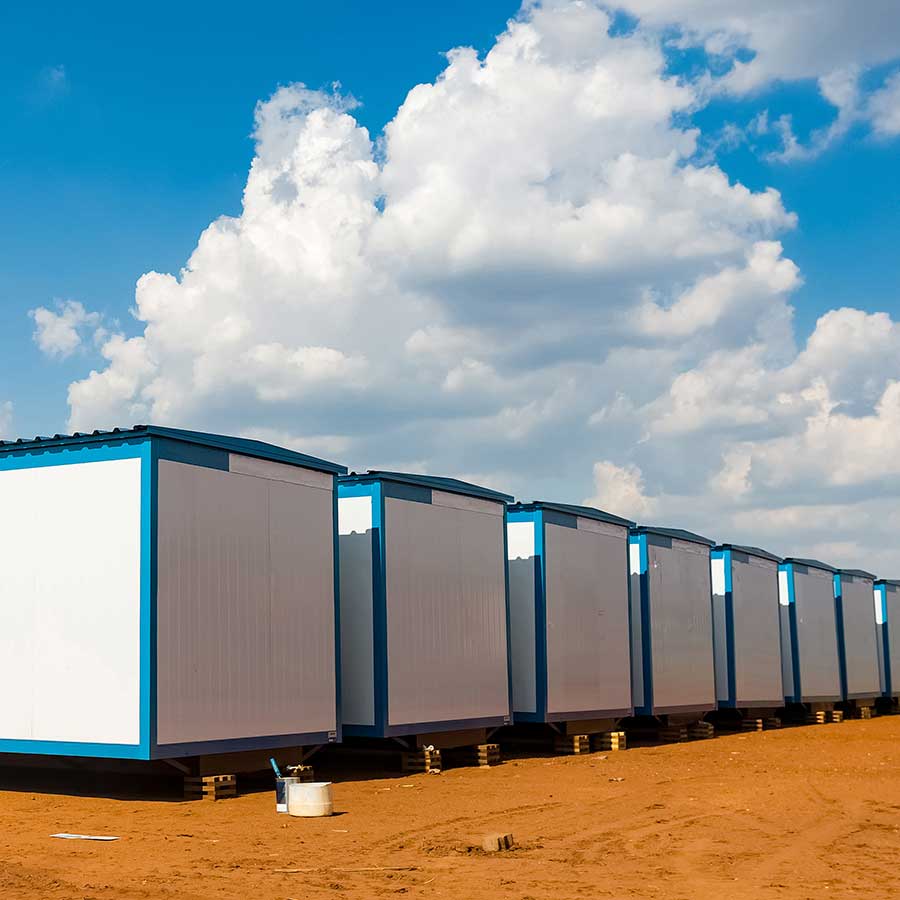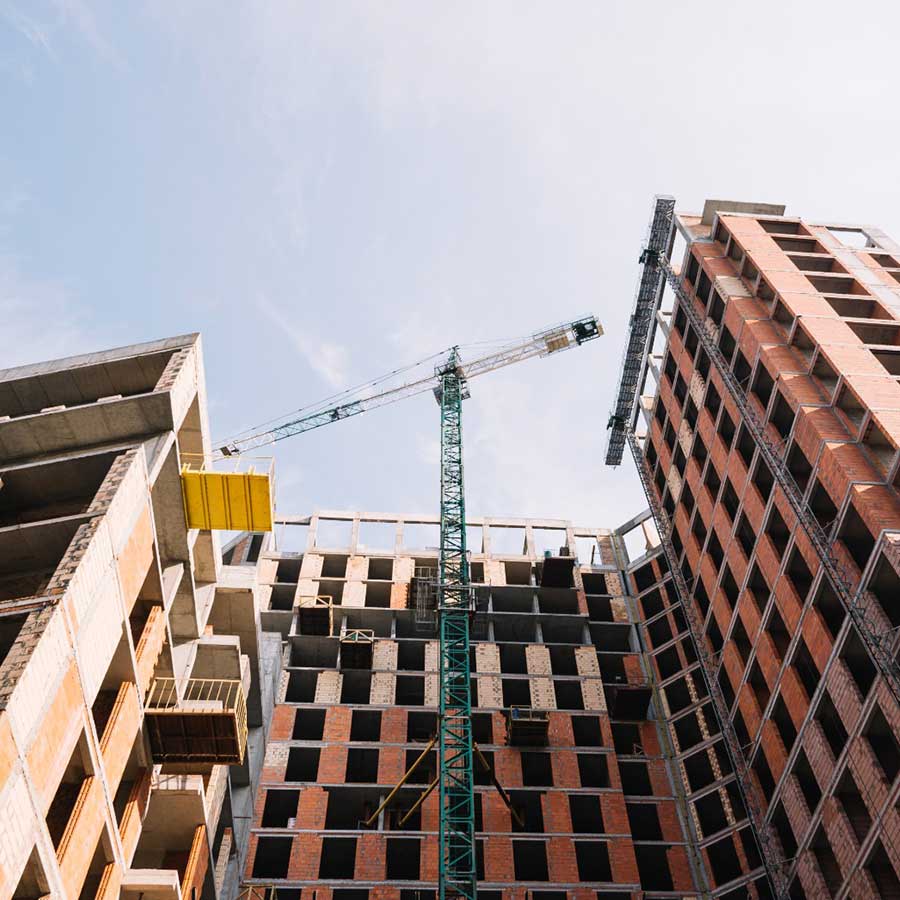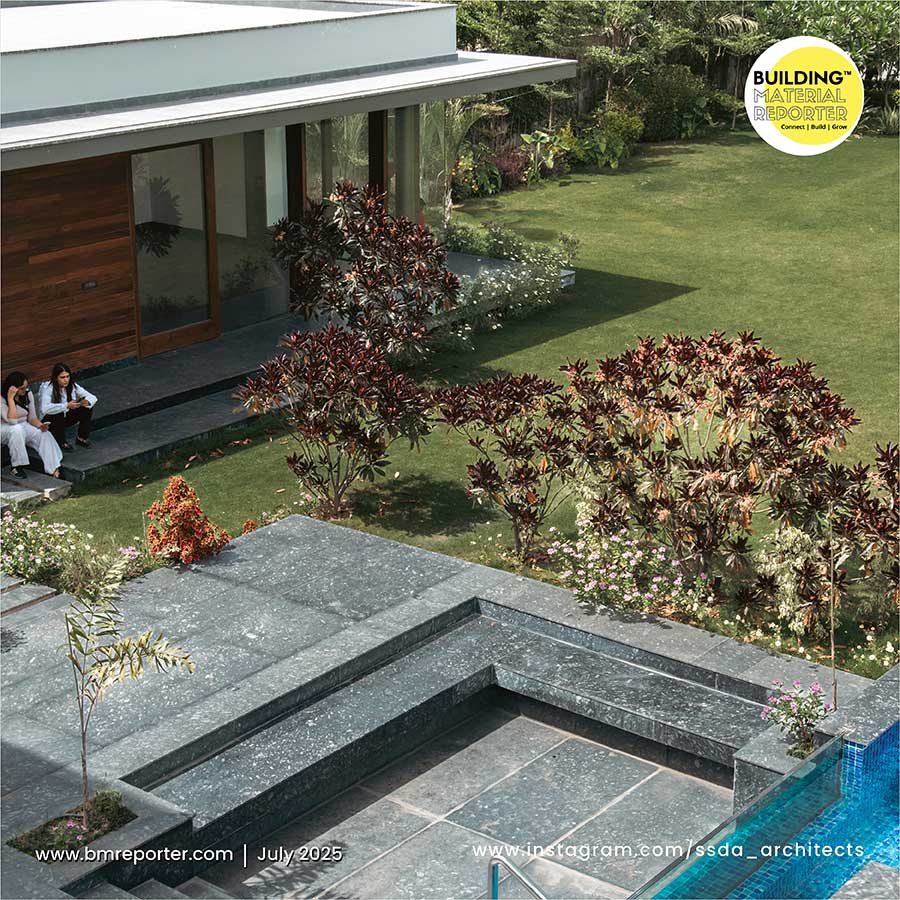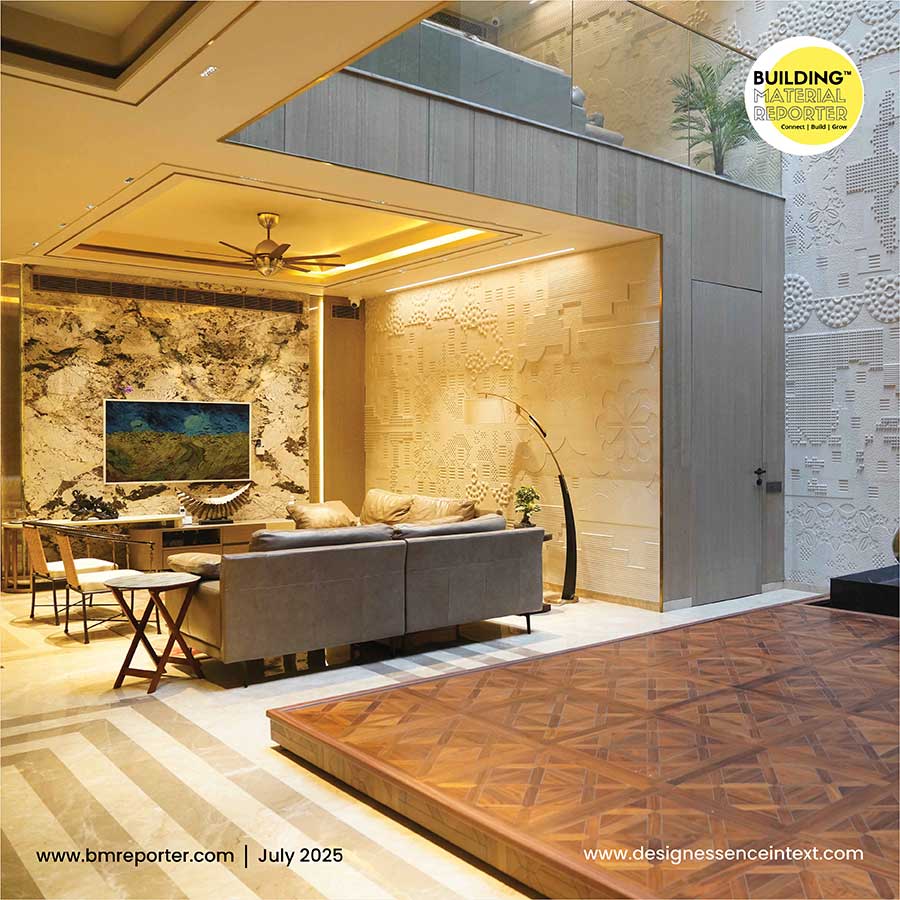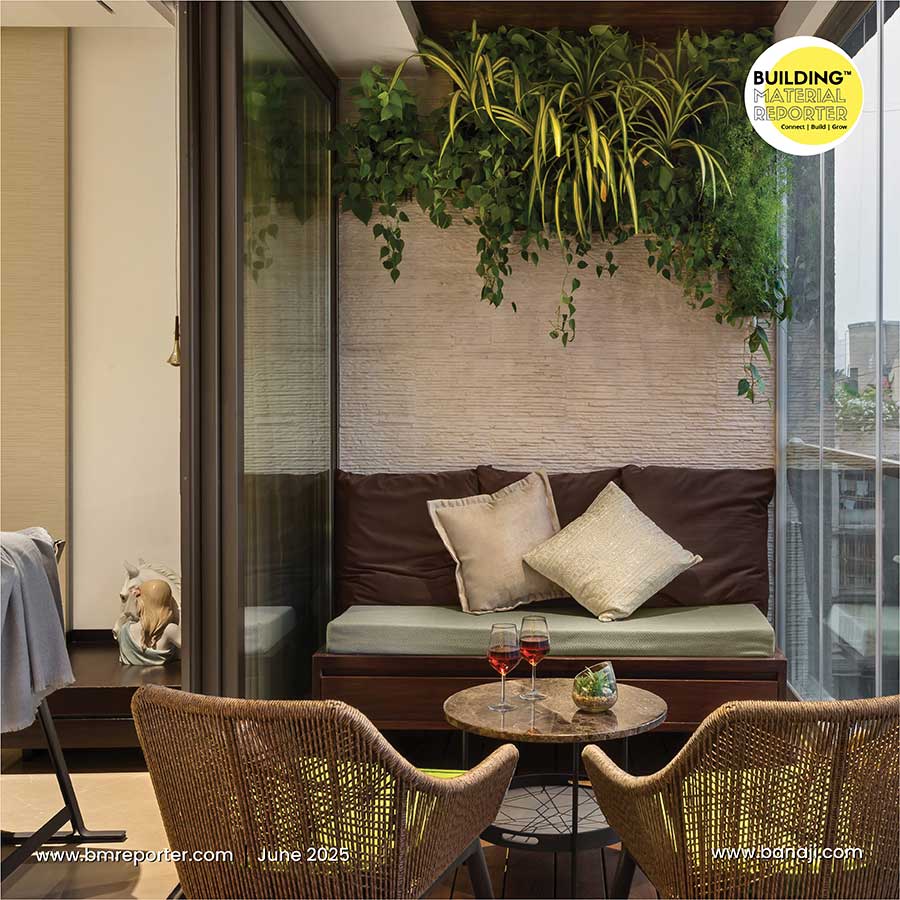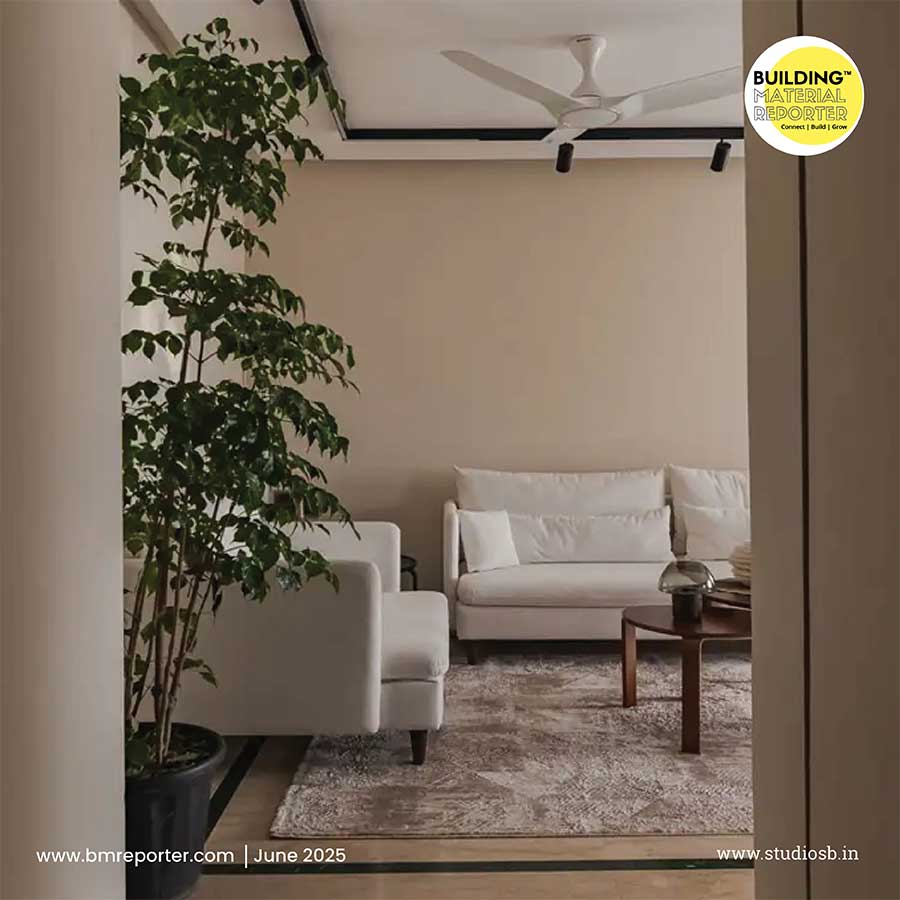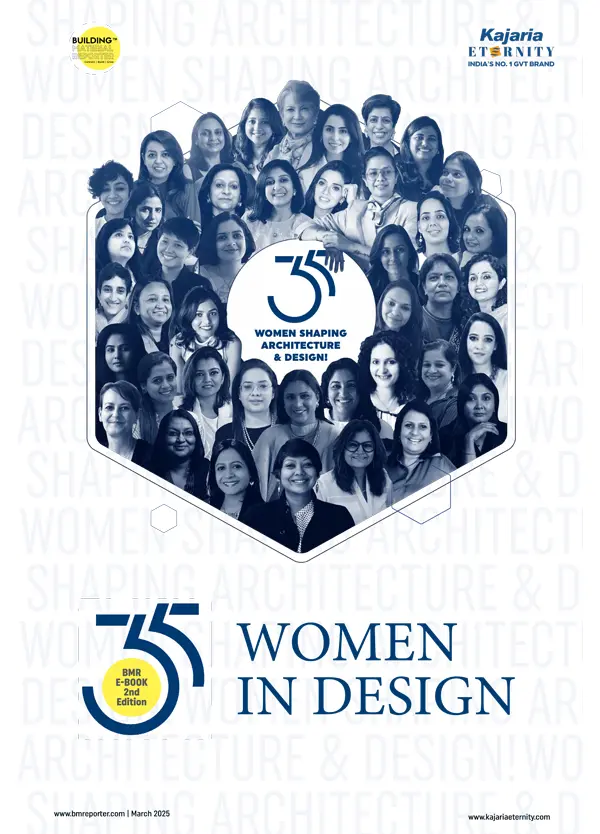Kolkata Architectural & Design Legacy: An Understated Elegance
- April 22, 2023
- By: Editorial Team
- INFLUENCERS
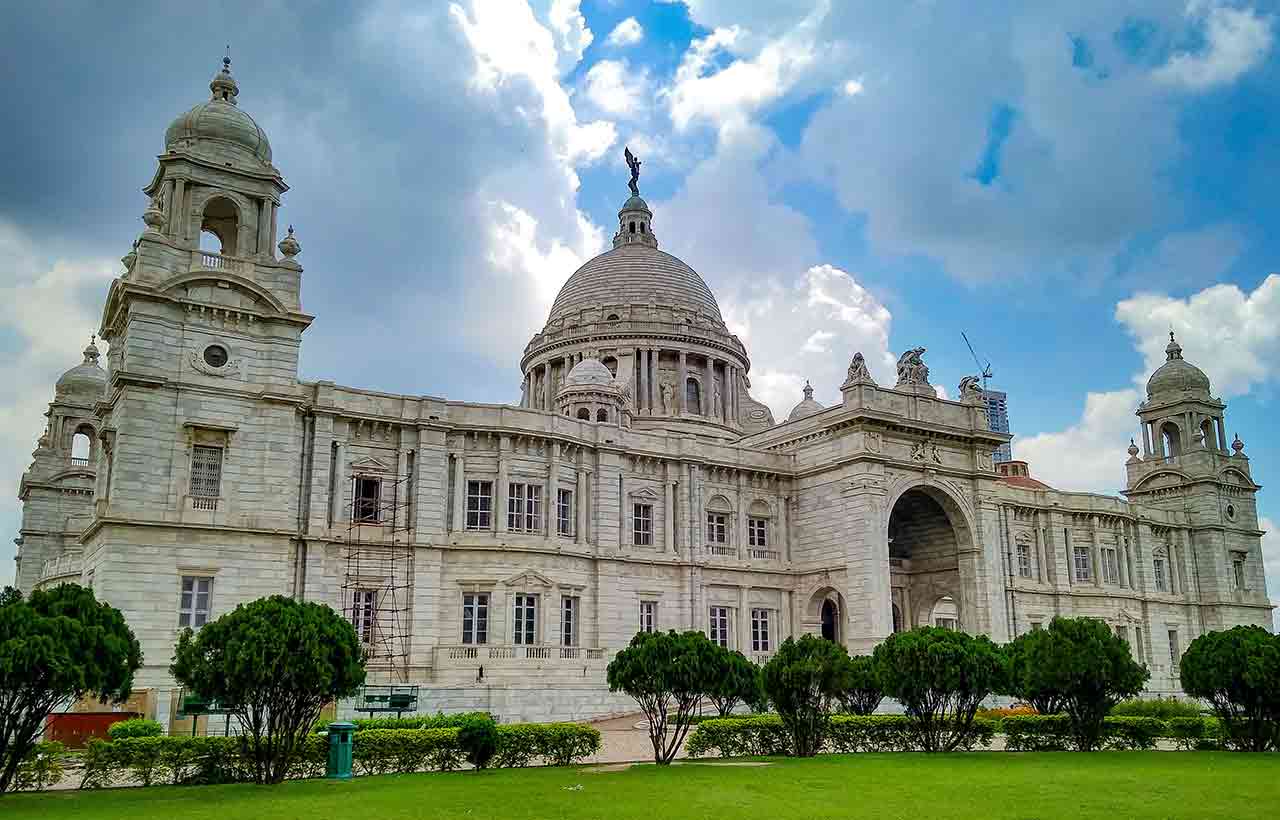
Kolkata--the Cultural Capital of India--is an architecturally and historically rich place. Airy verandas with ornamental pillars, European architectural styles with Bengali and Marwari influences, and British and colonial architecture… define the rich architectural and design landscape of the world-renowned city.
The place has numerous heritage monuments and the architectural legacies of the Muslim rulers. It also has an amazing number of colonial buildings-- the architectural legacies of the British rulers.
The local people are rooted in their rich past and culture and it shows in their houses and public places. So, in a way, the outside modern influence, in terms of architecture and design, isn’t too much visible here.
The BMR Team was recently in the famous city to explore its rich architectural and design legacy. We met many well-known architects and designers, including Ar. Samiran Banik Proprietor, Indecorus Consultant; Monica Khosla Bhargava, Founder & Principal Architect, KHAM Consultants; Sunil Maniramka, The CEO and Principal Architect at Maniramka & Associates; Pooja Bihani, Principal Architect, Spaces & Design; and Ar. Debatosh Sahu, Architect, ESPACE, Kolkata.
We spoke with them on a diverse range of topics—such as architecture and design in Kolkata, heritage buildings, and their design philosophy.
Excerpts:
Kolkata Design Heritage & Trends
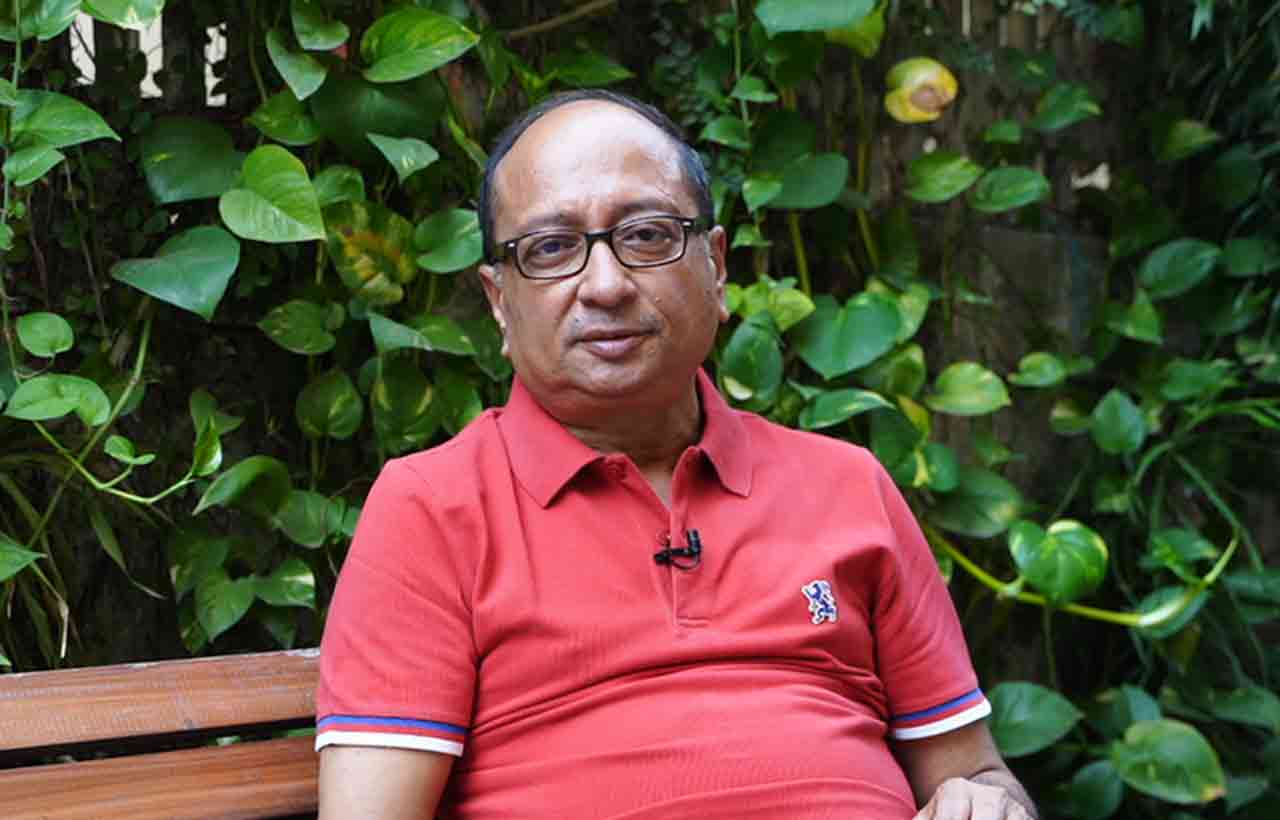
Ar. Samiran Banik: The design landscape in Kolkata and the northeast is 5 years backward than what one sees in big metros in Mumbai, Chennai, and Bangalore
Ar. Monica Khosla Bhargava: Kolkata is so friendly. Despite the number of buildings you create here, if you don’t create good human relations it doesn’t mean anything. This aspect is so genuine in the city. The city has a strong art and culture community. Visit the capital during the Durga Puja to know why it’s called the ‘Design Capital of the World’. Further, here, the level of design is phenomenal. We have to learn from the design community that exists here.
Ar. Sunil Maniramka: During the last 10 years, a new breed of talented architects, who have made a mark in India and abroad, has emerged. Earlier, architects weren’t doing proper documentation. Now architects are taking part in symposiums and getting published in magazines. Further, today, buildings are looking and performing better because a lot of professional experts--like electric engineers and façade consultants--are being included.
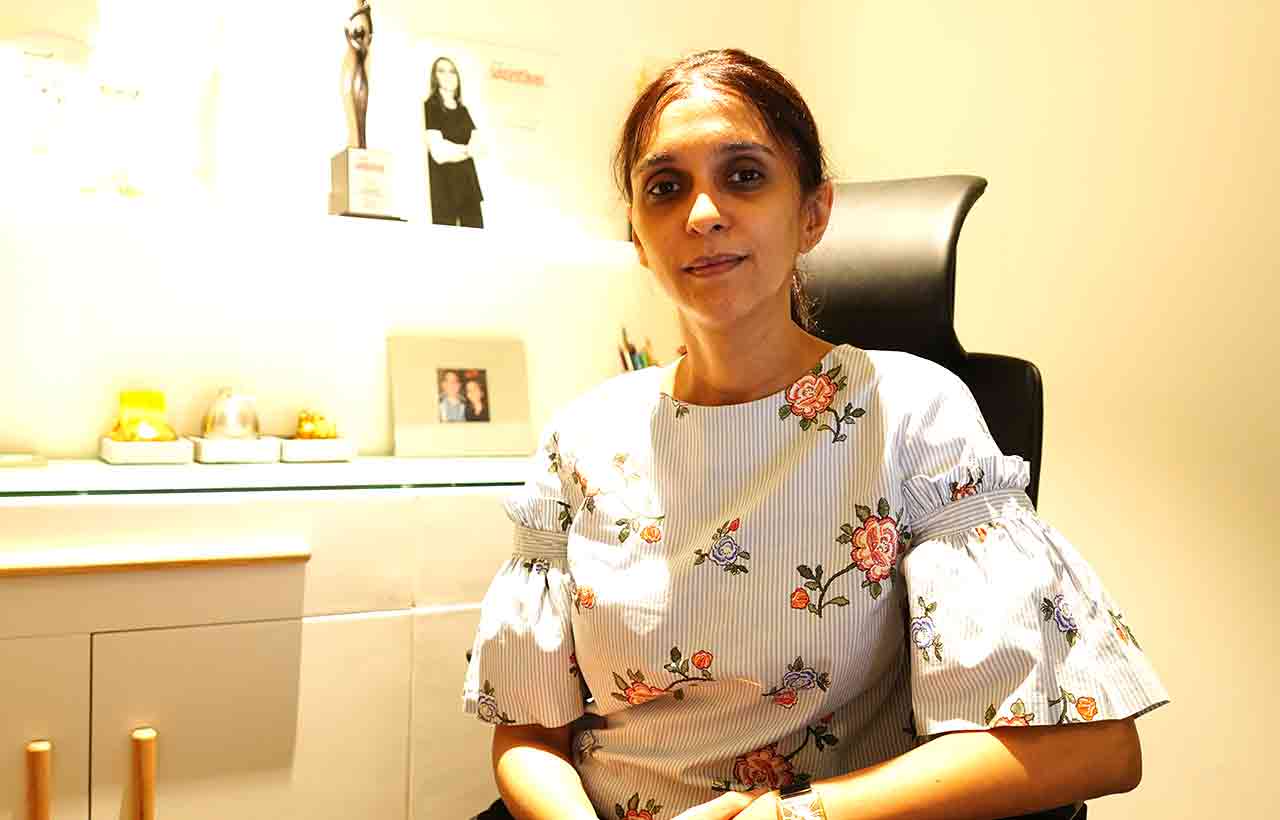
Ar. Pooja Bihani: Kolkata has a lot of heritage properties. British and colonial architecture is so inspiring. Arches of Kolkata are truly- truly timeless. Today, people in Kolkata are becoming conscious of the understated elegance which is great. Simplicity has a lot of beauty. Understated elegance is now very-very dominant in the architectural design work in Kolkata.
Ar. Debatosh Sahu: The kind of architecture which is happening today in and around Kolkata isn’t inspiring and is not responsive to the climate. Change is required. We have to be sensitive. Heat gain has to be controlled because of the hot and humid climate of the area. The good thing is that the young generation is well aware. They are more sensible about such issues.
Design Philosophy
Ar. Samiran Banik: Local materials are best. Local art and artisans are best for interiors and landscaping. Sustainability depends on the use of local materials, good designs, and practical designs. Easy maintenance makes any project successful. Local designers are following others. Nature-based designs inspire me. Automation and technology-based designs are the in-things. Making buildings as per the requirements of clients and recycling is important. Sustainability is based on reuse and recycling.
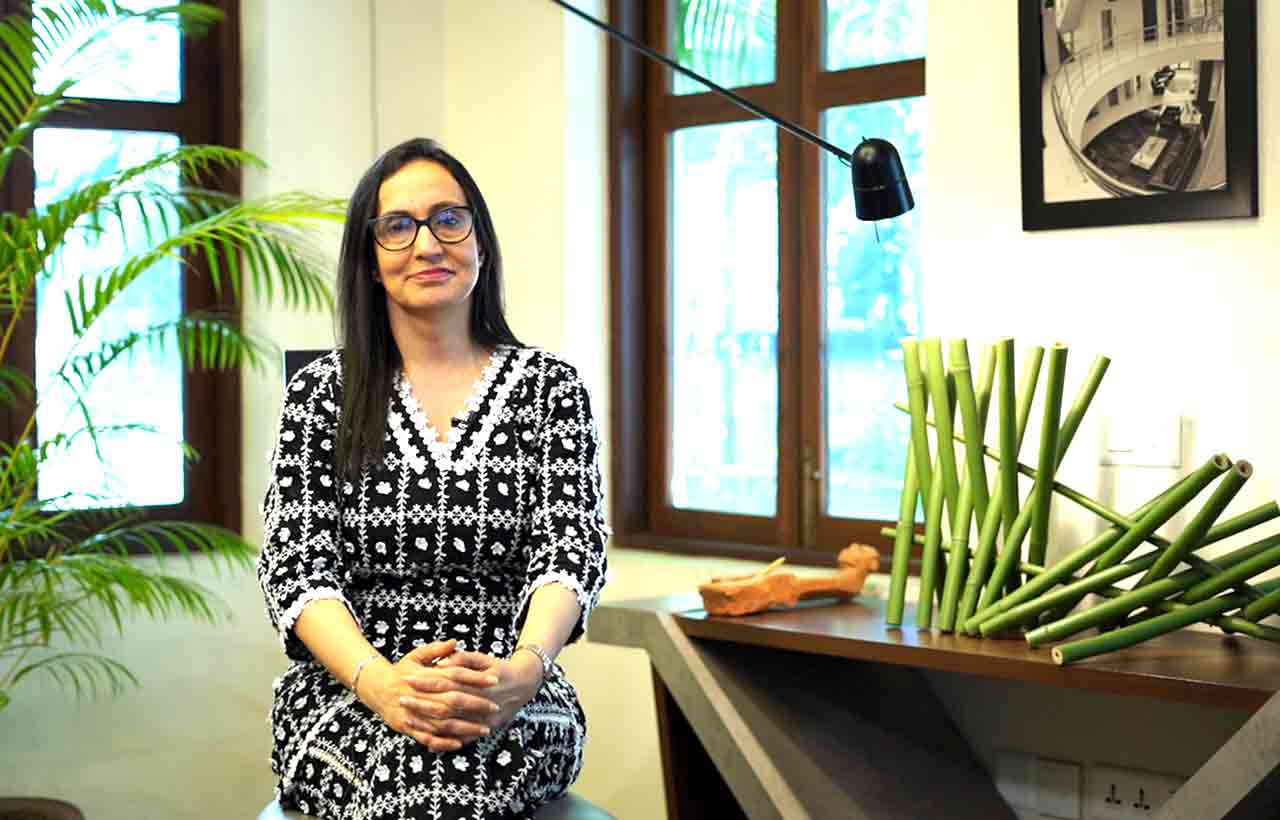 Ar. Monica Khosla Bhargava: We are a part of nature and we need to understand that aspect. Our architecture should be invisible-- more merging with everything, more merging with the style of the architecture that’s around. It’s important to understand that architecture can’t create differences. Architecture has to make people feel equal and welcome and that’s one of the aspects of architecture.
Ar. Monica Khosla Bhargava: We are a part of nature and we need to understand that aspect. Our architecture should be invisible-- more merging with everything, more merging with the style of the architecture that’s around. It’s important to understand that architecture can’t create differences. Architecture has to make people feel equal and welcome and that’s one of the aspects of architecture.
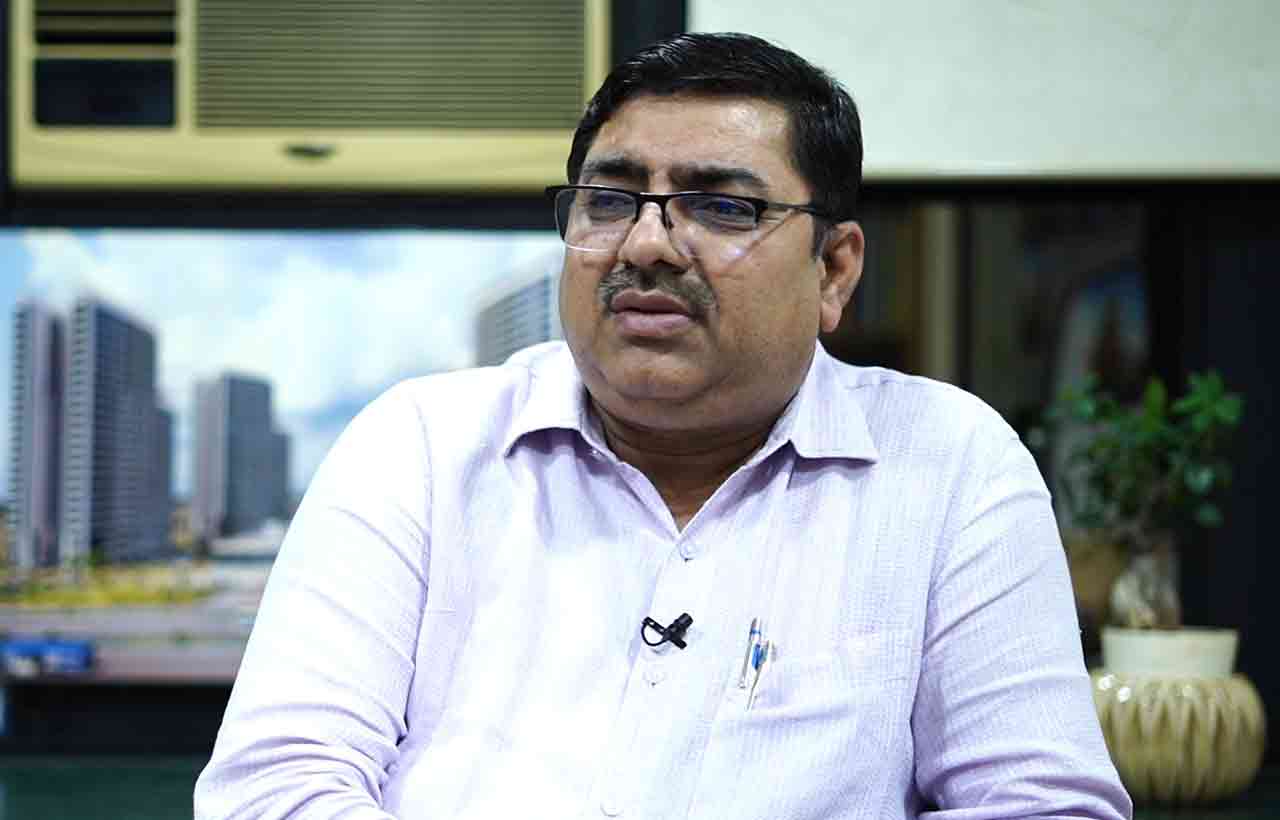
Ar. Sunil Maniramka: I make value-for-money structures. Since the client is spending so much money, I ensure s/he doesn’t lose money. I believe that the building should perform well. We should have services in buildings which are maintenance-free. We should use a minimum volume as the number of materials and resources is scarce. I also don’t go for flashy architecture.
Ar. Pooja Bihani: I would like to take sustainability to another level by making heritage properties sustainable. In this approach, our approach would be to restore the legacy of these buildings. We want to constantly innovate. The material market is going so innovative. When you are building a new home, the treatment of space and infusing the right materials in the right place with the right technique is extremely important and it can be done ONLY by a professional.
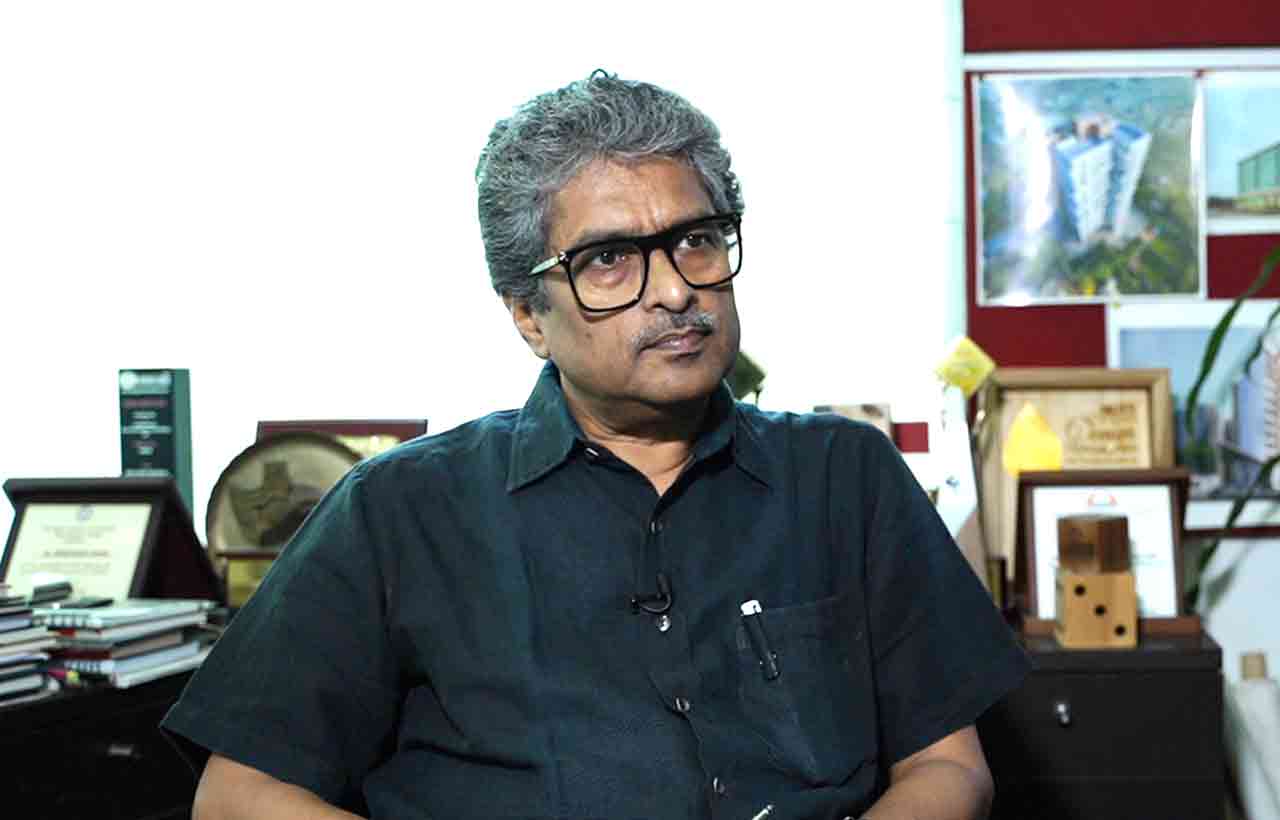 Ar. Debatosh Sahu: The kind of architecture which is happening today in Kolkata and nearby areas isn’t inspiring and is not responsive to the climate. Change is required. We have to be sensitive. Heat gain has to be controlled because of the hot and humid climate of the area. The young generation is well aware. They are more sensible. Development shouldn’t be contradictory to the local contexts. You should also not forget about the local materials and the local climate. We don’t believe in the intellectual property of any design. We always try to include the local craftsmen.
Ar. Debatosh Sahu: The kind of architecture which is happening today in Kolkata and nearby areas isn’t inspiring and is not responsive to the climate. Change is required. We have to be sensitive. Heat gain has to be controlled because of the hot and humid climate of the area. The young generation is well aware. They are more sensible. Development shouldn’t be contradictory to the local contexts. You should also not forget about the local materials and the local climate. We don’t believe in the intellectual property of any design. We always try to include the local craftsmen.


